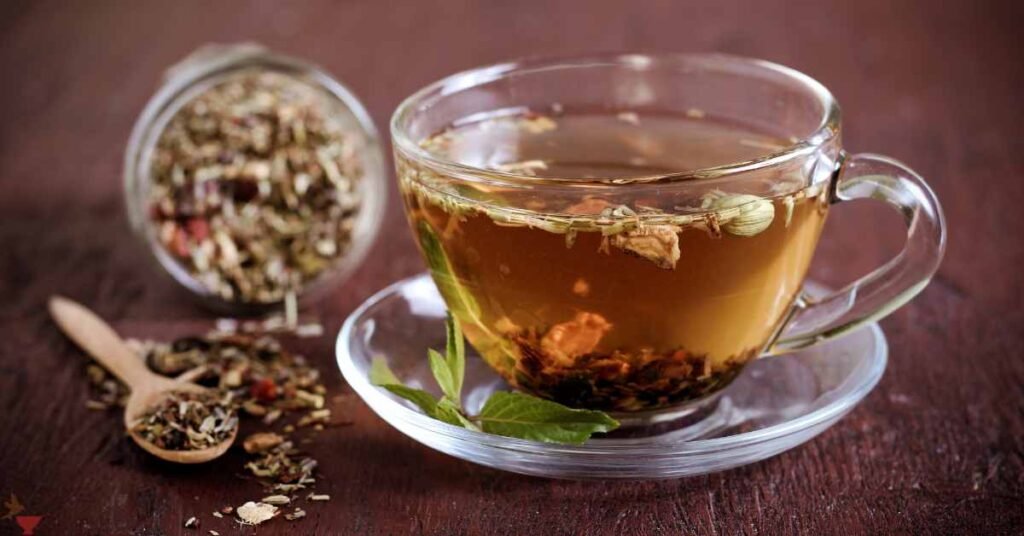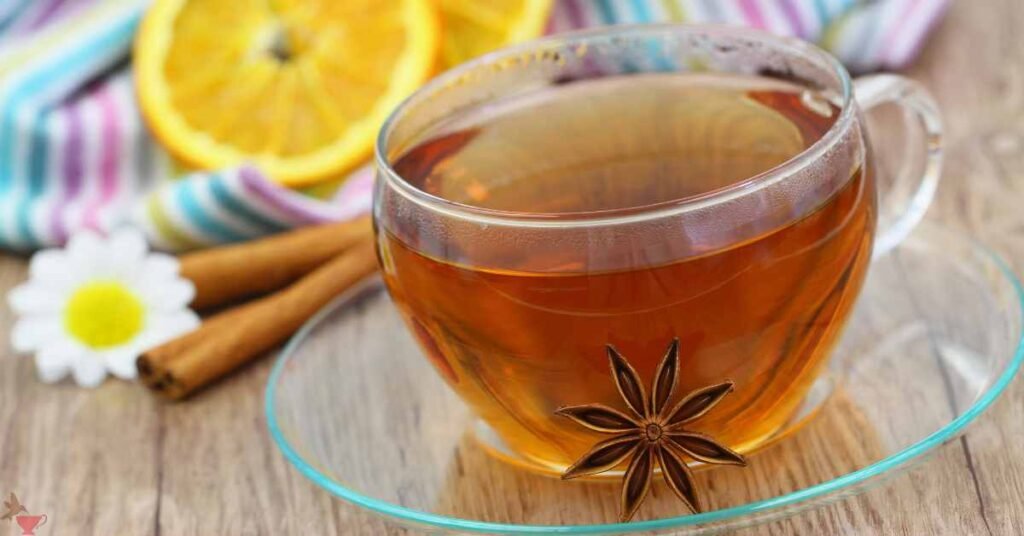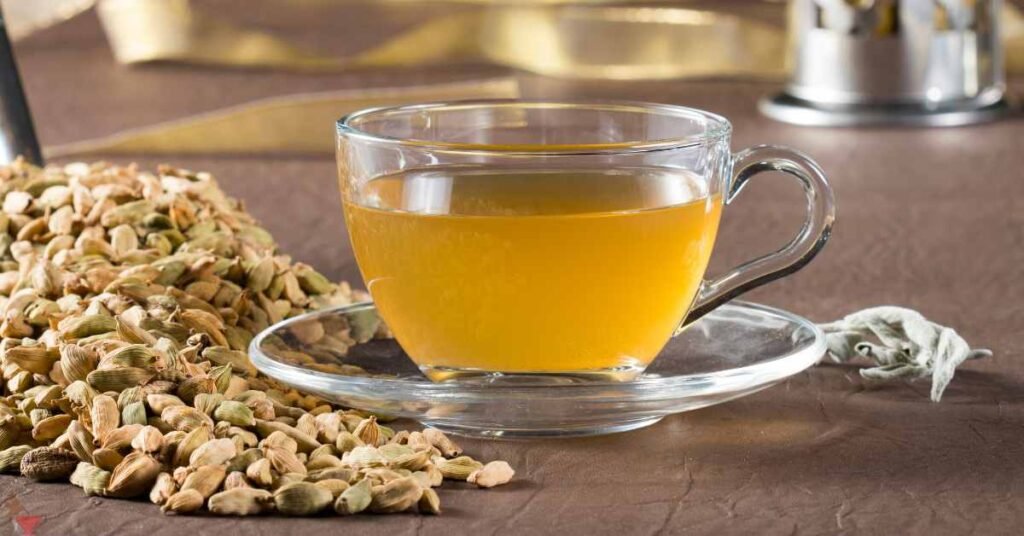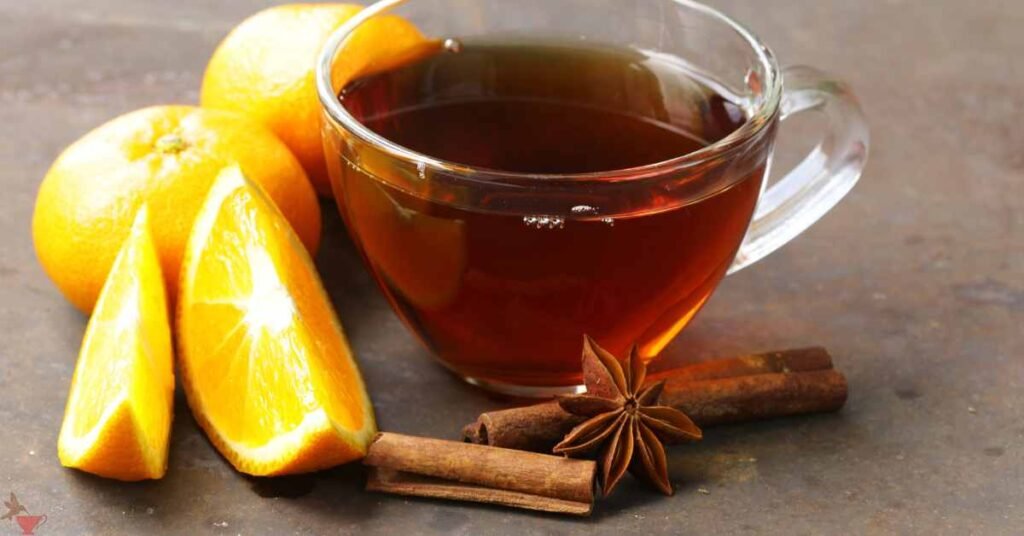Fennel and anise are two aromatic herbs known for their distinctive flavors and therapeutic properties.
Both herbs are used to make teas that offer a range of health benefits.
This article provides a detailed comparison of fennel and anise tea, covering aspects such as origin, botanical characteristics, taste and aroma, health benefits, preparation methods, and cultural significance.
Origin and Botanical Characteristics

Fennel (Foeniculum vulgare)
- Origin: Native to the Mediterranean region, fennel has been used for culinary and medicinal purposes since ancient times.
- Botanical Characteristics: Fennel is a hardy, perennial herb with feathery leaves and yellow flowers. It belongs to the Apiaceae family, which also includes carrots and parsley. The plant can grow up to 2.5 meters in height.
- Parts Used: Fennel seeds are primarily used to make tea, though the bulb and leaves are also edible and used in various dishes.
Anise (Pimpinella anisum)
- Origin: Anise is native to the eastern Mediterranean region and Southwest Asia. It has a long history of use in both culinary and medicinal contexts.
- Botanical Characteristics: Anise is an annual herb, also belonging to the Apiaceae family. It grows to about 1 meter in height and has delicate, umbrella-like clusters of white flowers.
- Parts Used: The seeds of the anise plant are used for making tea and flavoring food.
Taste and Aroma
Fennel Tea
- Taste: Fennel tea has a sweet, mildly licorice-like flavor. The taste is smooth and slightly earthy with hints of mint.
- Aroma: The aroma of fennel tea is sweet, warm, and inviting, often compared to that of anise or licorice.
Anise Tea
- Taste: Anise tea is known for its strong, sweet licorice flavor. The taste is more pronounced and intense compared to fennel tea.
- Aroma: The aroma of anise tea is sweet and powerful, reminiscent of licorice and fennel but with a slightly more pungent and spicy undertone.
Health Benefits

Fennel Tea
- Digestive Health: Fennel tea is well-known for its digestive benefits, helping to reduce bloating, gas, and indigestion. It can also alleviate symptoms of irritable bowel syndrome (IBS).
- Anti-inflammatory Properties: Fennel contains compounds with anti-inflammatory properties, making the tea beneficial for reducing inflammation in the body.
- Antioxidant Benefits: Fennel seeds are rich in antioxidants, which help combat oxidative stress and support overall health.
- Hormonal Balance: Fennel tea is sometimes used to help balance hormones and alleviate symptoms of menopause and menstruation.
Anise Tea
- Digestive Health: Like fennel tea, anise tea aids digestion and can relieve bloating, gas, and indigestion. It is also used to treat mild cases of colic in infants.
- Respiratory Health: Anise tea can help alleviate respiratory conditions such as coughs and bronchitis due to its expectorant properties.
- Antimicrobial Properties: Anise has antimicrobial properties, making its tea useful for fighting off infections and boosting the immune system.
- Hormonal and Reproductive Health: Anise tea is often used to promote lactation in nursing mothers and to alleviate menstrual discomfort.
Preparation Methods
Fennel Tea
Ingredients: 1-2 teaspoons of fennel seeds, 1 cup of boiling water.

Method:
- Crush the fennel seeds slightly to release their oils.
- Place the seeds in a teapot or cup and pour boiling water over them.
- Let steep for 5-10 minutes.
- Strain and serve hot. Honey or lemon can be added for extra flavor.
Anise Tea
Ingredients: 1-2 teaspoons of anise seeds, 1 cup of boiling water.
Method:
- Lightly crush the anise seeds to release their oils.
- Place the seeds in a teapot or cup and pour boiling water over them.
- Let steep for 5-10 minutes.
- Strain and serve hot. Honey or a slice of citrus can be added for enhanced flavor.
Cultural Significance
Fennel Tea
- Mediterranean Cuisine: Fennel has a prominent place in Mediterranean cuisine and culture. Fennel tea is often consumed after meals to aid digestion.
- Traditional Medicine: Fennel tea has been used in traditional medicine systems, including Ayurveda and Traditional Chinese Medicine, for its various health benefits.
Anise Tea
- Middle Eastern and Asian Cultures: Anise is widely used in Middle Eastern and Asian cuisines and traditional medicine. Anise tea is often enjoyed for its soothing and digestive properties.
- Historical Usage: Anise was highly valued in ancient Egypt and Rome, where it was used both as a spice and for its medicinal properties.
Final Word

Fennel and anise teas, while sharing some similarities in taste and health benefits, each offer unique characteristics that make them distinct.
Fennel tea is milder and more versatile, often used for its broad range of digestive and anti-inflammatory benefits.
Anise tea, on the other hand, is stronger in flavor and particularly valued for its respiratory and antimicrobial properties.
Both teas are easy to prepare and can be enjoyed for their delightful flavors and therapeutic effects, making them wonderful additions to any herbal tea collection.
MEDICAL DISCLAIMER
Itsnevernotteatime.com cannot and does not contain medical/health advice. The medical/health information is provided for general and educational purposes only and is not a substitute for professional advice.




